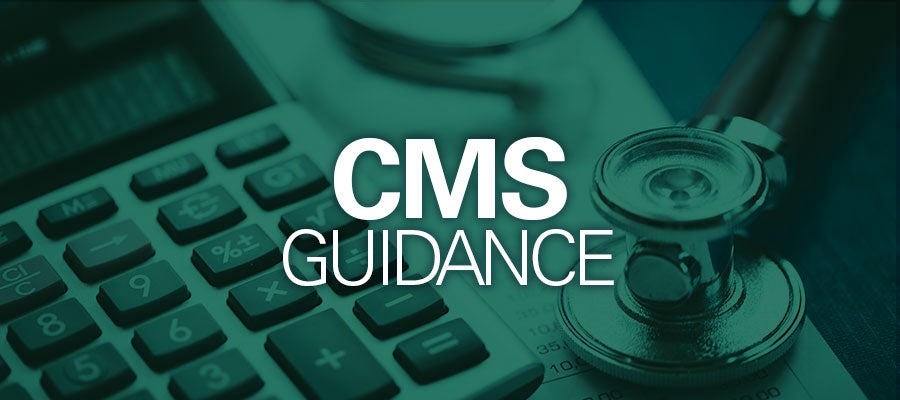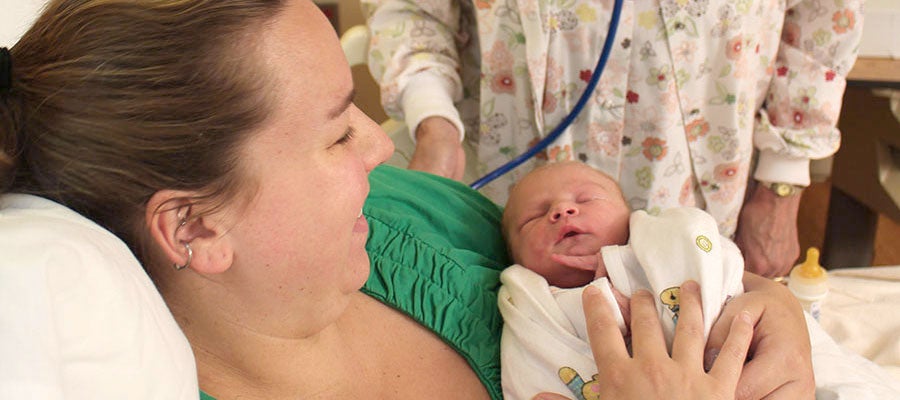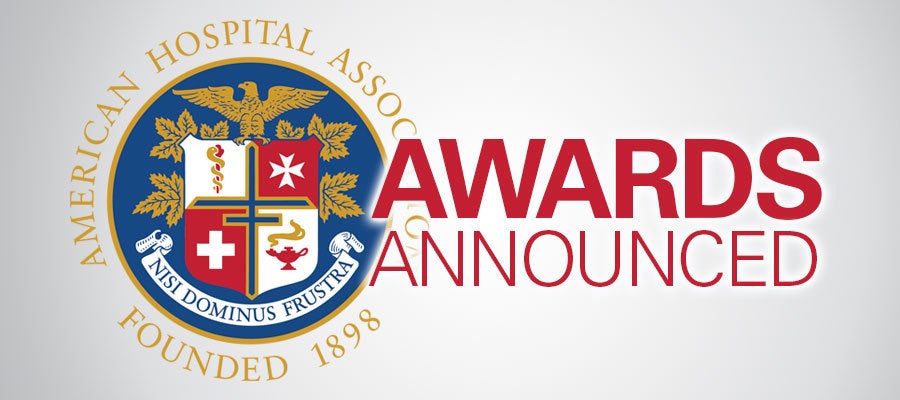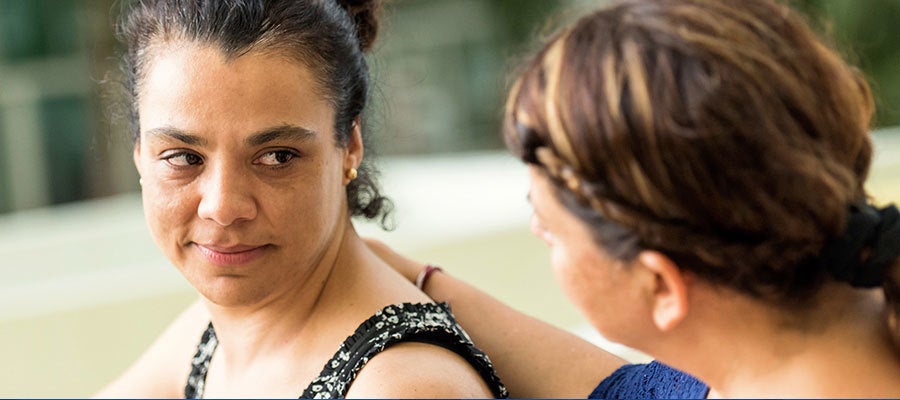
U.S. health care providers may no longer order the monoclonal antibodies bamlanivimab and etesevimab until further notice due to rising prevalence of the SARS-CoV-2 P.1 and B.1.351 variants, which are not susceptible to the combination therapy, the Department of Health and Human Services’ Office of the Assistant Secretary for Preparedness and Response announced.






